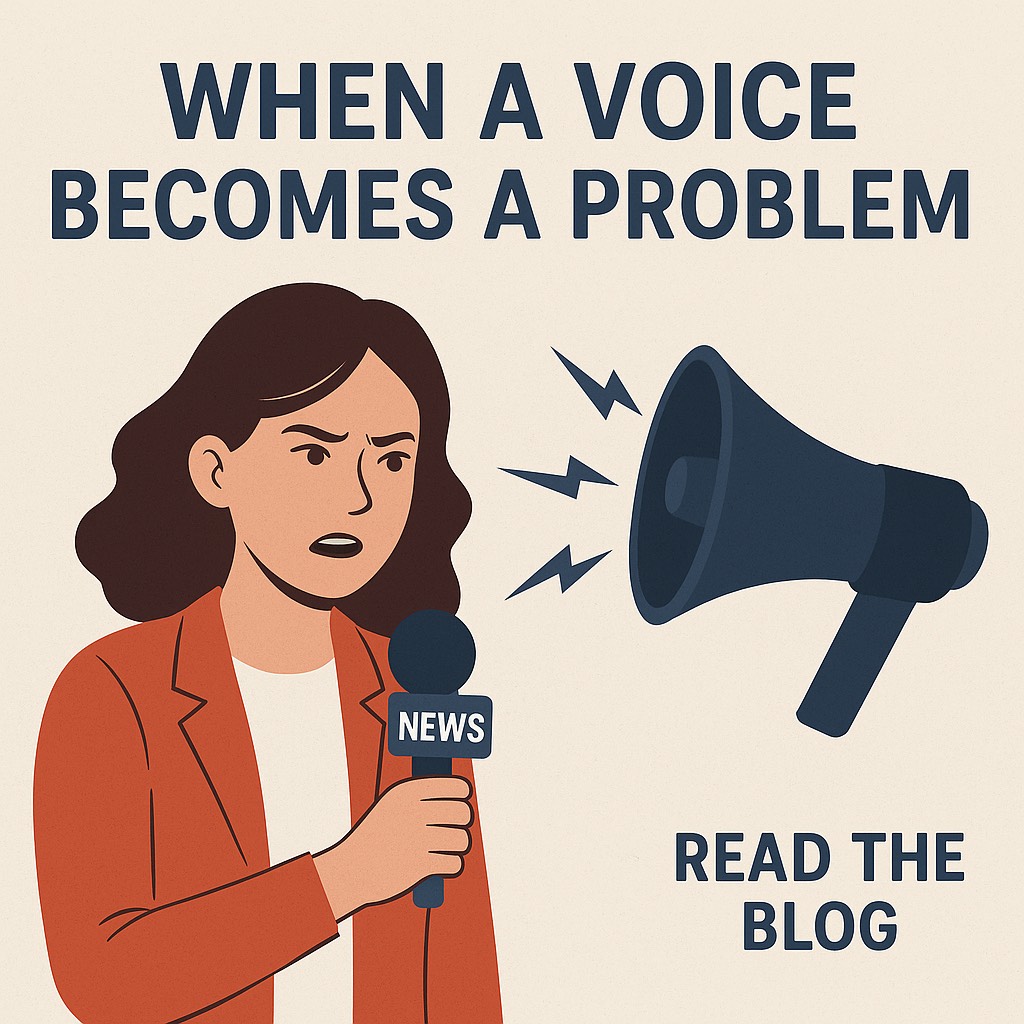In a healthy newsroom, strong feedback from readers is something to celebrate. It means the work is connecting, sparking conversation, and fulfilling journalism’s core purpose: to inform, challenge, and engage, regardless of who’s doing the writing.
Over the past several months, my op-ed work has done exactly that. I’ve spoken openly about issues others tiptoe around, from the drawn-out battles between 1048 Jazz and Blues and the City of Montgomery to the long-ignored problems facing West Montgomery. The response from the public has been overwhelming and humbling. People aren’t just reading; they’re reaching out, saying, “Finally, someone’s talking about this.”
Not everyone has been happy to hear it. When certain voices are quietly amplified while others are quietly reduced, you begin to see that the editorial playing field isn’t as level as it appears. The strong reception to my work has clearly stepped on toes, both among certain staff writers and in the orbit of a few notable radio personalities. In an environment where access and relationships can matter more than truth, that makes you inconvenient.
I’ve seen this pattern before. My career in radio broadcasting stretched from my first internship in 1997 to my final shift answering phones in 2013. The best and worst years of that time came when I “made it big” as a producer for a local talk show—a period that should have been a highlight but became the era when my voice was silenced the most. My role was reduced to speaking only when given permission, and at public events, it was made clear that the growing attention I received from listeners was bruising the host’s ego. Behind the scenes, I found myself thrown under the bus for technical mishaps I couldn’t control, while the real cause often went unaddressed.
It wasn’t until years later, after a decade without contact, that I learned what I had long suspected: the falling out wasn’t entirely between me and the host. It had been engineered higher up, by station leadership more concerned with protecting certain relationships and acquiring assets than with fostering real talent. Policies that were “ironclad” for some were quietly waived for others, depending on the advantage it brought to those in charge.
That’s the real story here. When the boundaries on your work suddenly tighten, when the green lights start flashing yellow, and when “editorial guidance” feels more like “editorial control,” it’s rarely about improving the product. It’s about managing the fallout. It’s about making sure the wrong people aren’t made too uncomfortable, even if that means telling the public less than they deserve to know.
I’m not interested in writing to protect egos or preserve alliances. I write to shine light where others would rather keep shadows. If that’s a problem for some, then maybe the problem isn’t my voice—it’s that I’ve been using it.
If speaking truth makes me unwelcome, then I’ll gladly leave the table, because my words were never meant to be served lukewarm.

Jason Davenport is a seasoned media professional with over two decades of experience in the fields of broadcasting, audio/video production, and media consulting. Based in Montgomery, Alabama, Jason is the owner of Pulse Media Montgomery, where he specializes in providing innovative solutions for clients, including podcasting, blogging, web design, and social media management.

